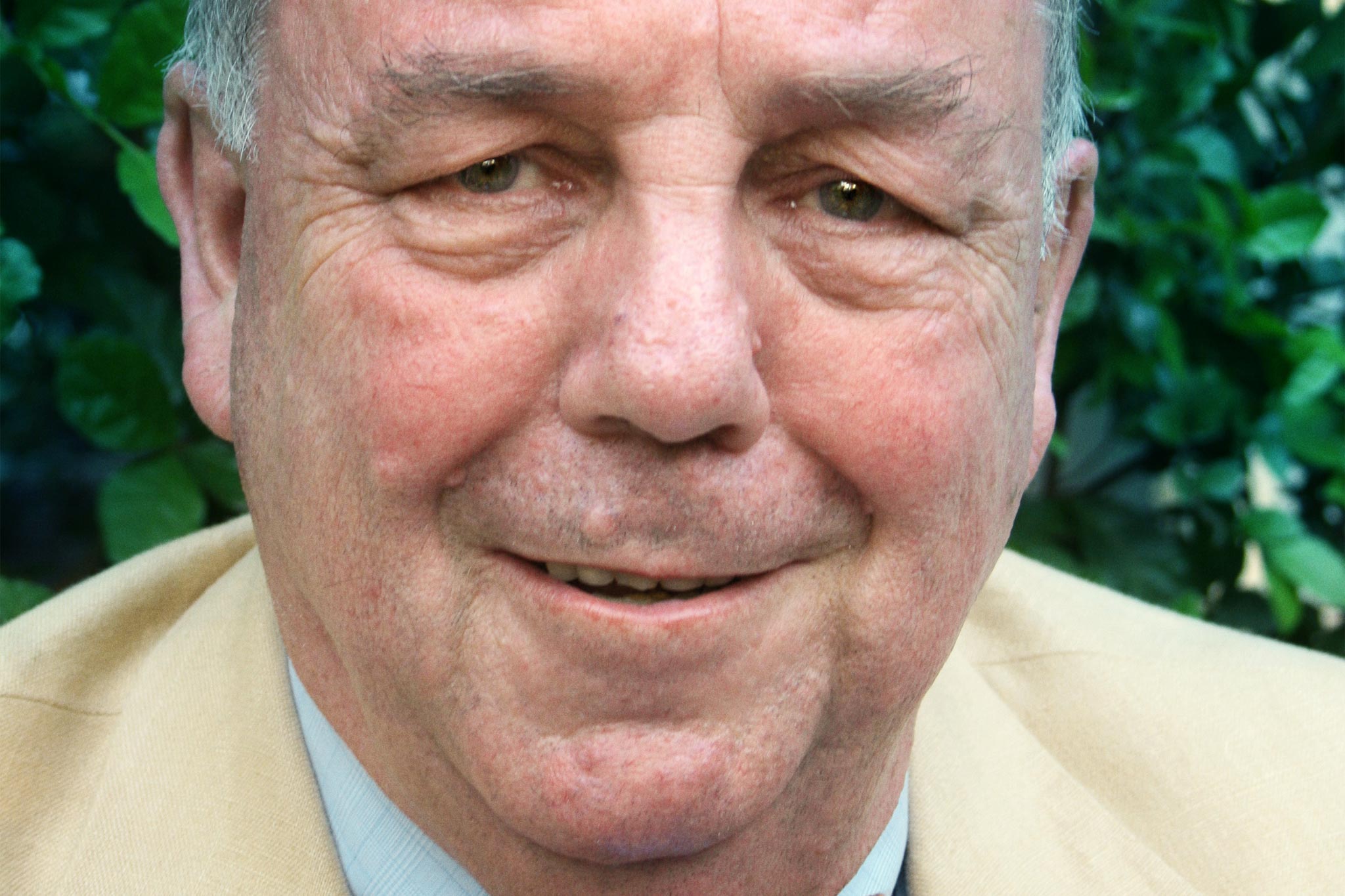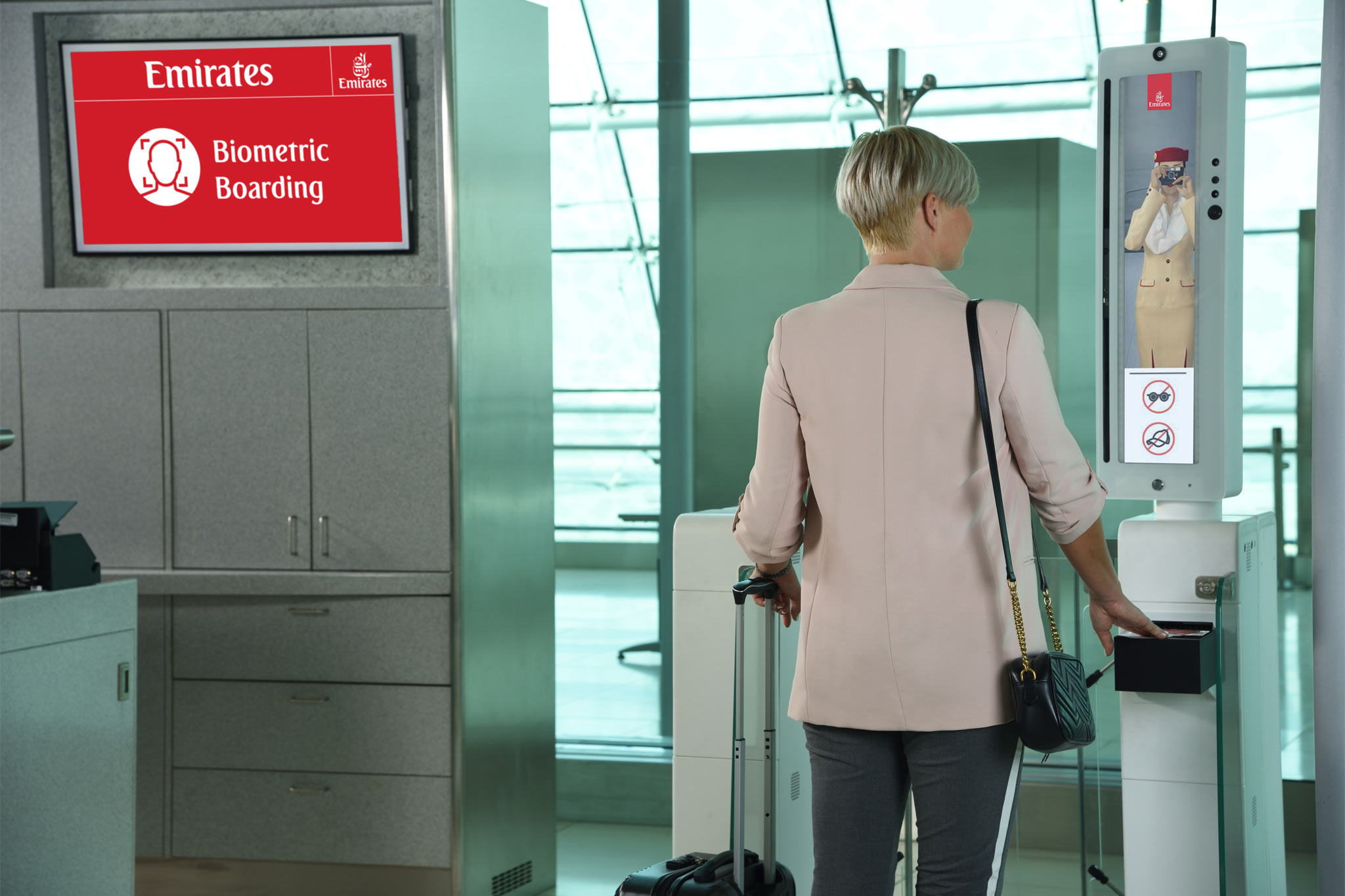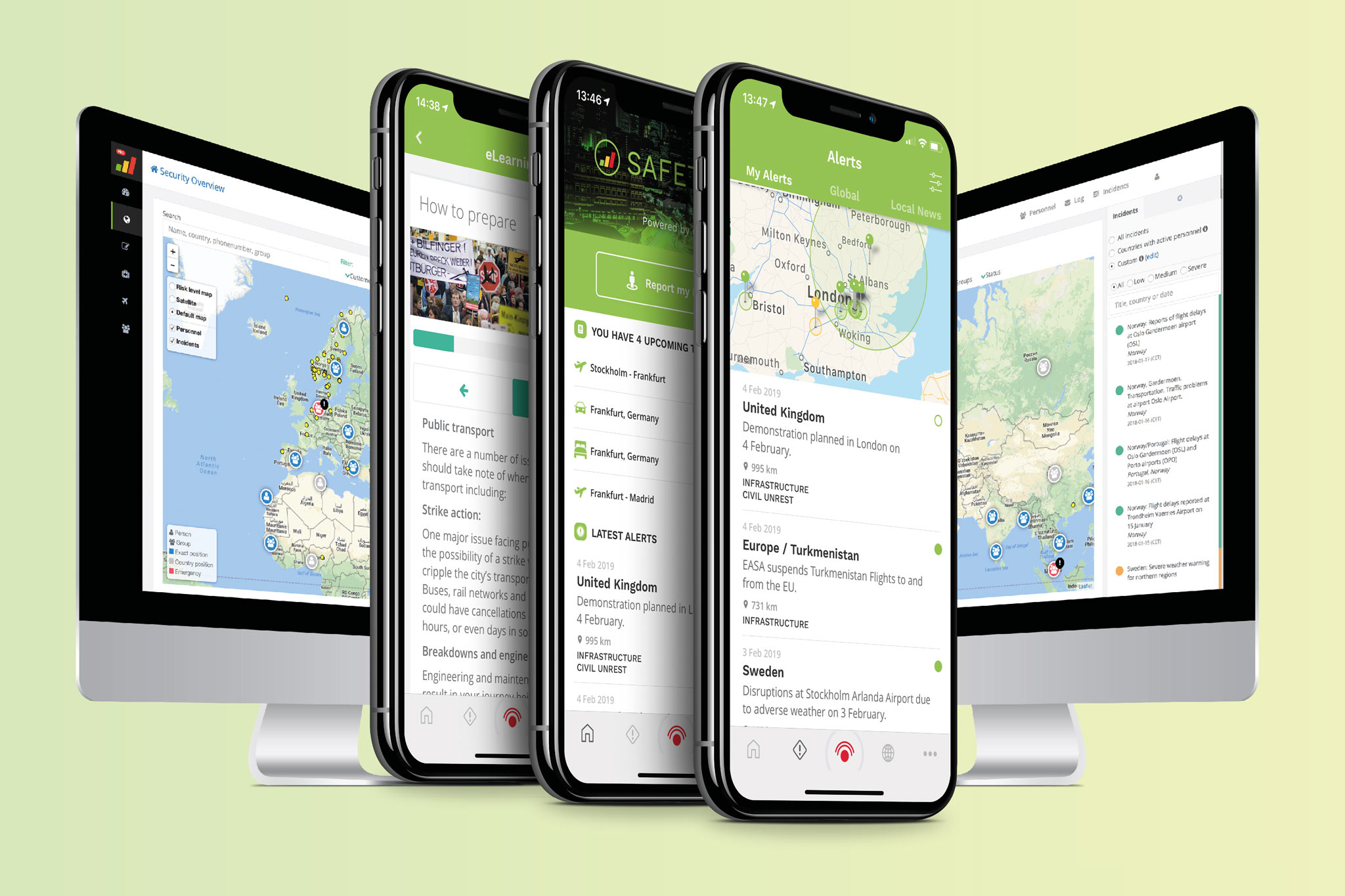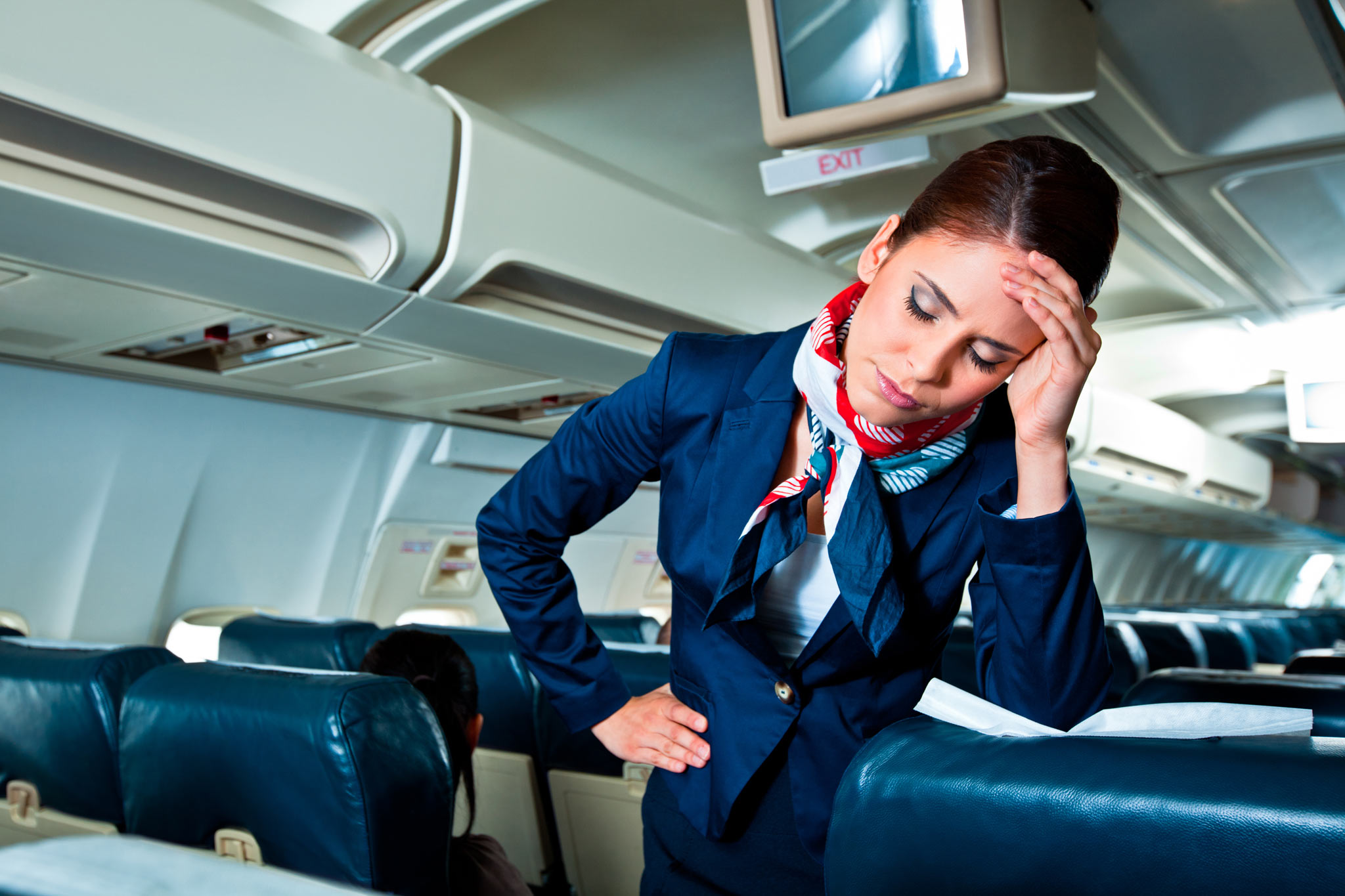Safety and security are important issues, today – perhaps more than ever before. That is the opinion of Bert van Walbeek, who points out that the issues of finding the right employees and crisis management are very closely connected. As one of the best-known ”Masters of Disasters” in Asia, Bert van Walbeek has spoken about crisis prevention and recovery management for 45 years. He recently gave a talk to an audience of 700 buyers and suppliers, entitled What else can go wrong, are we still in the people business?
In cooperation with the PATA organisation, he has produced an information brochure on risk and crisis management called Expect the Unexpected. He developed the organisation’s first courses on the subject in 2006. His company, The Winning Edge, is currently managing several risk prevention projects including crisis management in Bahrain, China, Taiwan, Macao, Malaysia, Mauritius, Pakistan and Thailand.
Bert van Walbeek found out about the Safehotels Alliance when he was participating in a UNISDR (UN Office for Disaster Risk Reduction) meeting in Manila about a year ago. It was shortly after the devastating typhoon, Haiyan, which killed thousands of people in the Philippines.
At an ancillary event in conjunction with the meeting, he moderated and led a discussion on whether it is possible to make hotels safer. In the days before the meeting, he searched for ideas on how to increase security and new approaches among hotels and hotel organisations. In order to make the security work more in-depth, he created a small working group.
“That’s when I found Safehotels and realised they had a more detailed approach to security, as well as a broader perspective. I immediately saw that there were mutual opportunities.”
Bert van Walbeek realised at an early stage how important security issues and security functions are – for business travellers, their travel managers, travel arrangers and hotel owners. He considers that security-related issues are one of the three most important current criteria when business travellers select somewhere to stay, along with accessibility factors and getting value for money.
“In Asia, this is a big challenge. Guests, congress and meeting delegates, as well as tourists, want to feel safe. However, they would prefer not to notice security measures or feel surrounded by visible guards or security personnel.”
Major destinations are vulnerable in terms of safety and security. The continuous flow of people at a big city-centre hotel, for instance, can make the hotel a so-called soft target.
“Maintaining a high level of customer service while also being able to guarantee security in a hotel’s public spaces is a challenge for any hotel owner. It‘s hard to differentiate legitimate guests and meeting participants from people who have bad intentions.”
Bert van Walbeek says that many hotels around the world keep up some kind of image: if the city is relatively safe, this means our hotel is safe. We know it doesn’t take very much for that image to be shaken. He points to today’s big football matches as one example.
“It only takes an instant for a club’s image to be shaken to its foundations if something has gone wrong. And the same thing applies to successful hotels. Too many hotels live in the belief that ‘It won’t happen to us’. If you close your eyes, ears and other channels for information, you definitely won’t see anything at all.”
Regarding Bangkok and Thailand as markets, Bert van Walbeek uses his favourite expression: ”Every crisis has its opportunities.”
“Too many hotels live in the belief that ‘It won’t happen to us’”
“We have great opportunities, especially when you think that crises are increasing in number and extent in Thailand. Thai culture is still very much based on ignoring risks. Instead, there is a hope that fate and chance will sort out any unpleasant situations.”
He illustrates this with another example: why does someone not wear a helmet when driving a motorcycle? Despite many motorcycle accidents causing injuries and deaths, most motorcyclists drive without a helmet.
“It’s because the issue isn’t understood ‘because in any case, it won’t happen to me.’”
Even so, perhaps change is in the air. Bert van Walbeek notes that the meetings and event industry, including the entire hotel sector in Thailand, has begun to realise that with ever more frequent crises facing the country, something has to be done.
However, most of the security programmes on the market are either too expensive or complicated, which is why they are ignored.
“The biggest advantage of the Safehotels certification process is that it can be implemented in stages and that the investment is acceptable for hotels and/or arenas.”
Other general, challenging issues that Bert van Walbeek mentions are changes in behaviour, expectations and the increasingly disruptive technology that surrounds us. He also mentions the negative publicity created by natural disasters, disturbances and the increasing number of transport-related accidents.
“Ensuring that the consumer’s understanding is factual, balanced and timely is not only a compassionate duty but also a business challenge.”
It concerns equipping every individual, so each person is able to actively and positively manage their conditions, he explains. It is also about creating a result that increases the customers’ and employees’ confidence, and also makes it possible for organisations and sectors not only to meet the challenges but also to stand stronger than ever before.
“Today the issues of finding the right employees and crisis management are closely linked. Safety and security are more important issues today than ever before.”
Bert van Walbeek says the Safehotels certification solutions and courses help to answer the question of ‘how’ in an easier way than ever before.
“The major changes happen when owners and management begin to realise that the brand that has been built up over the years is a part of marketing. When safety and security do not work properly, it can rapidly have a disastrous effect on business. Unfortunately, they need to suffer, precisely as we are now doing in Thailand, before they see the light.”
The launch of a partnership between Safehotels and The Winning Edge means that an entirely new perspective on hotel security is reaching Asia. However, Asia is vast and has many different cultures.
Bert van Walbeek believes that this creates a need for a large network of partners, a necessity for everyone to speak and understand the local language, and a requirement to be relevant concerning regional disasters.
“When we have achieved success in Thailand, the word will spread quickly to our neighbouring countries Burma, Laos and Cambodia. Today, Asia accounts for 21 per cent of hotel rooms globally, estimated most recently in 2012 at almost three million. There is certainly a lot, or rather an enormous amount, to do.”



